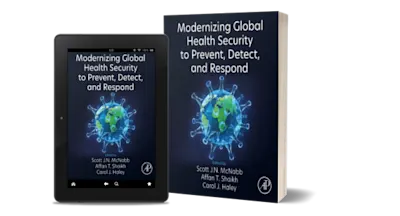LIMITED OFFER
Save 50% on book bundles
Immediately download your ebook while waiting for your print delivery. No promo code needed.

The impact of regulation on drug development provides the reader with a basic understanding of the evolution of global regulatory standards relevant to the research and development… Read more
LIMITED OFFER
Immediately download your ebook while waiting for your print delivery. No promo code needed.

GH